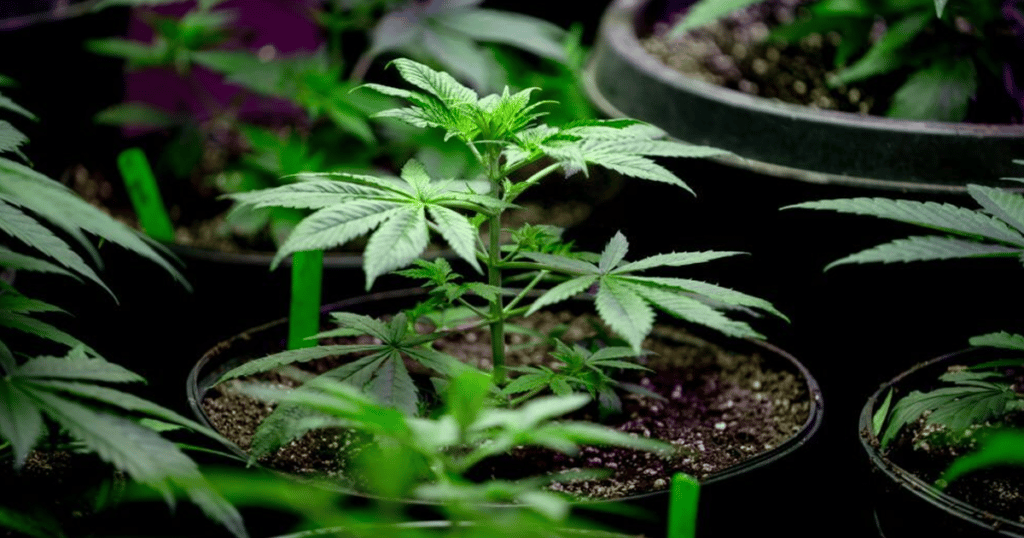In an effort to combat racism in the cannabis industry, Florida, like New York, is offering special licensing to Black farmers in the state – with a few caveats.
Pigford vs Glickman
When Florida voters legalized and expanded medical marijuana use in November 2016, Black farmers rejoiced. It was particularly good news for participants in the class action lawsuit Pigford vs Glickman, in which over 400 Black farmers sued the United States of America for racial discrimination. The case was brought forth by a man named Timothy Pigford, and Dan Glickman, the Secretary of Agriculture, was the nominal defendant.
The USDA was accused of discriminating against Black farmers when allocating price support loans, catastrophe payouts, “farm ownership” loans, and operational loans. Additionally, the USDA was accused of failing to address racial discrimination complaints. Thanks to this lawsuit, a Black farmer in Florida can now access one medical marijuana-growing license.
More than five years after Amendment 2 was approved, the state officially began accepting license applications from March 21st through 25th of 2022. Due to an increase in patients who qualify, there are currently 19 total licenses available, making this state the third-largest market for cannabis in the country. However, only one license is still guaranteed to go to a Black farmer.

The Cannabis Landscape In Florida Since 2016
The first marijuana licenses in Florida were issued in 2015, but only to nurseries that have operated in the state for at least 30 years and produced at least 400,000 plants annually. The eligibility standards weren’t met by any Black farmers.
The Pigford license, intended to promote equity in the industry, also has some stringent requirements that make it nearly impossible for the intended applicants to receive their license successfully. The application fees nearly doubled recently, breaking six figures just to apply.
The $146,000 fee to apply isn’t the only barrier Black farmers will face if seeking the coveted Pigford license – the law requires at least five years in the farming industry and significant backings by investment firms.
The average Black farmer in the United States makes $5,000 of farming income per year and has limited access to technical tools and credit lines. The application fee for the BFL MMTC license is nonrefundable and more than twice as much as the fee for the 2015 cycle of licenses. Lawmakers are, of course, not ignorant of the struggles faced by Black Americans (especially in agriculture) but instead argue that the increase in fees is necessary to cover rising industry and program administration costs.

Vertical Integration In The Industry
Florida’s preference for “vertically integrated companies” is coming out in full force with these policies, and no matter how much they argue otherwise, their intentions are made clear by their actions.
“With a vertically integrated license, you need to have the ability to cultivate, process, dispense, and transport as a single entity, which increases the costs for licensing. It also doesn’t allow for farmers who are good at farming to just focus on that piece and not have to take on partners with other experiences that they don’t have. Just like someone who’s owned corner stores for three generations may not know how to cultivate anything, but they would run a fantastic dispensing organization—that’s a ‘horizontal’ approach that most states have adopted,” said Scheril Murray Powell, a Florida cannabis, agricultural, and dietary supplement attorney.
Vertical integration, however, makes it difficult for small businesses to compete, and they often find themselves pushed out of business by conglomerates attempting to monopolize the industry. Trulieve, one of the first MMTCs licensed in Florida, is a publicly-traded company that operates in 11 states and dominates over 50 percent of the market in Arizona, Pennsylvania, and Florida.
By requiring vertical integration licenses, Florida is effectively shutting small businesses, local farmers, and minorities out of the incredibly lucrative medical cannabis industry. The vertical integration actually forces Pigford recipients to partner with established companies and firms, putting their capital and ownership at risk. This could further push Black farmers out of the industry and could even see white-owned conglomerates absorbing Black farms into their business models.
Pigford license recipients could potentially stand to make millions of dollars, but the startup costs and barriers to entry could see Black farmers bought out of this attempt at justice.
Enjoyed that first hit? Be sure to come chill with us every week at the Friday Sesh for a freshly-packed bowl of this week’s best cannabis news.

















